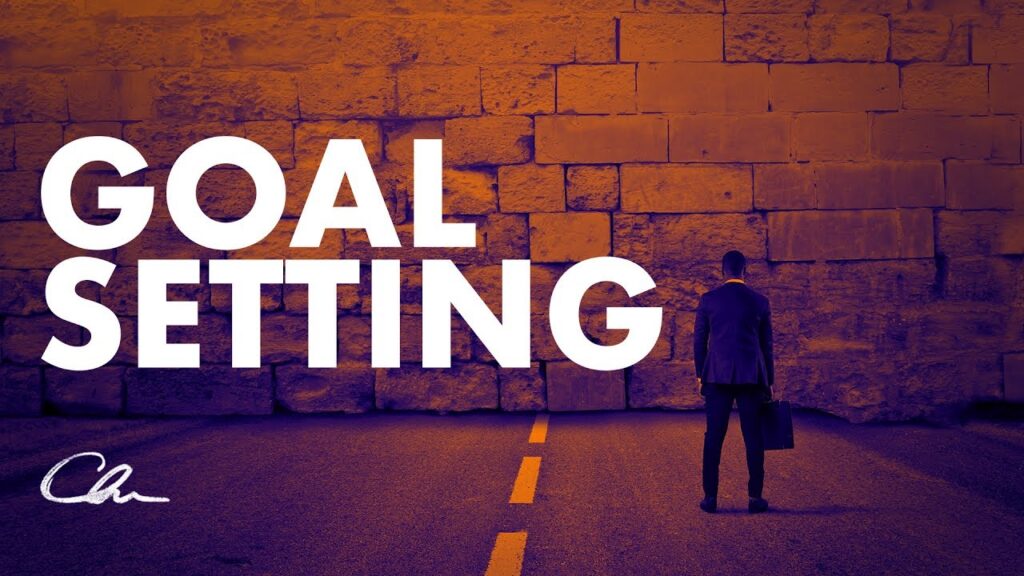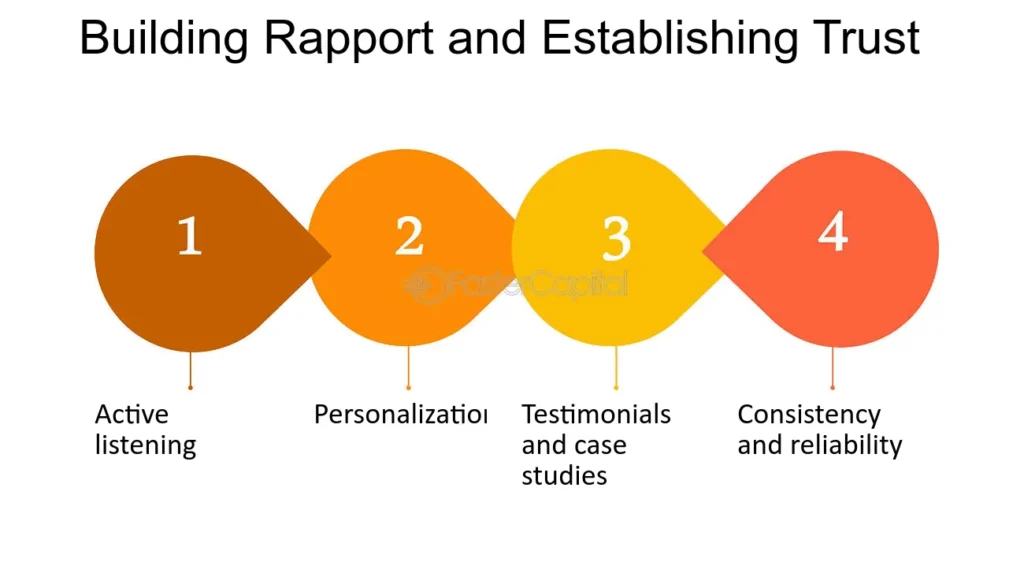Negotiate Like a Pro: Get a Raise or a Better Deal on Anything

Negotiation is an essential skill in both personal and professional spheres. Whether you’re aiming for a higher salary or seeking a better deal on a purchase, mastering the art of negotiation can significantly impact your success. In this comprehensive guide, we’ll explore proven strategies to help you negotiate like a pro and achieve your desired outcomes.
Understanding the Basics of Negotiation

Negotiation is a dynamic process that involves communication, compromise, and strategic decision-making. By understanding the fundamentals, you can navigate negotiations with confidence and skill.
Setting Your Goals

Before entering into any negotiation, it’s crucial to clearly define your objectives. Whether you’re negotiating a salary increase or haggling over the price of a car, knowing what you want to achieve will guide your strategy.
Researching Your Position
Knowledge is power in negotiation. Conduct thorough research to understand the market value of the item or service in question. Gather information about industry standards, competitor pricing, and any relevant data that can strengthen your position.
Utilizing LSI Keywords in Research
Employing LSI (Latent Semantic Indexing) keywords in your research can enhance the depth and relevance of your findings. By incorporating related terms and concepts, you’ll gain a more comprehensive understanding of the negotiation landscape.
Building Rapport and Establishing Trust

Effective negotiation often hinges on the establishment of rapport and trust between parties. Cultivating a positive relationship can pave the way for mutually beneficial agreements.
Effective Communication
Clear and empathetic communication is key to building rapport during negotiations. Listen actively, express your needs clearly, and strive to understand the perspective of the other party.
Finding Common Ground
Seeking areas of agreement can foster a sense of collaboration and trust. Look for shared interests or goals that can serve as a foundation for compromise and cooperation.
Utilizing Nonverbal Cues
Nonverbal cues such as body language and tone of voice can convey important signals during negotiations. Pay attention to these subtle indicators to gauge the mood and receptiveness of the other party.
Negotiating Like a Pro: Strategies for Success

Armed with preparation and rapport-building techniques, you’re ready to put your negotiation skills into action. Explore the following strategies to navigate negotiations with confidence and finesse.
Anchoring Your Position
Anchoring involves presenting the first offer or proposal in a negotiation, which can influence subsequent counteroffers. Strategically anchoring your position can shape the direction of the negotiation in your favor.
Creating Win-Win Solutions
Seeking mutually beneficial outcomes is a hallmark of skilled negotiation. Look for creative solutions that address the interests of all parties involved, maximizing value for everyone.
Employing the “Framing” Technique
Framing involves presenting information in a way that influences perception and decision-making. By framing your proposals in a positive light and highlighting their benefits, you can increase their appeal and effectiveness.
FAQs
To overcome fear or anxiety, focus on thorough preparation, practice active listening, and remind yourself of your value and objectives.
If faced with an unreasonable party, remain calm, acknowledge their concerns, and explore creative solutions to bridge the gap.
Yes, effective negotiation can strengthen relationships by fostering understanding, respect, and collaboration between parties.
Prioritize your negotiation objectives based on their importance, relevance, and potential impact on your desired outcomes.
Revealing your bottom line should be approached with caution. Only disclose it if necessary and consider leveraging it strategically.
Body language can convey confidence, assertiveness, and sincerity during negotiations. Pay attention to your body language and that of the other party to gauge reactions and emotions.
Conclusion
Mastering the art of negotiation is a valuable skill that can yield significant rewards in various aspects of life. By employing the strategies outlined in this guide and approaching negotiations with confidence and preparation, you can achieve your goals and secure better deals with ease.


